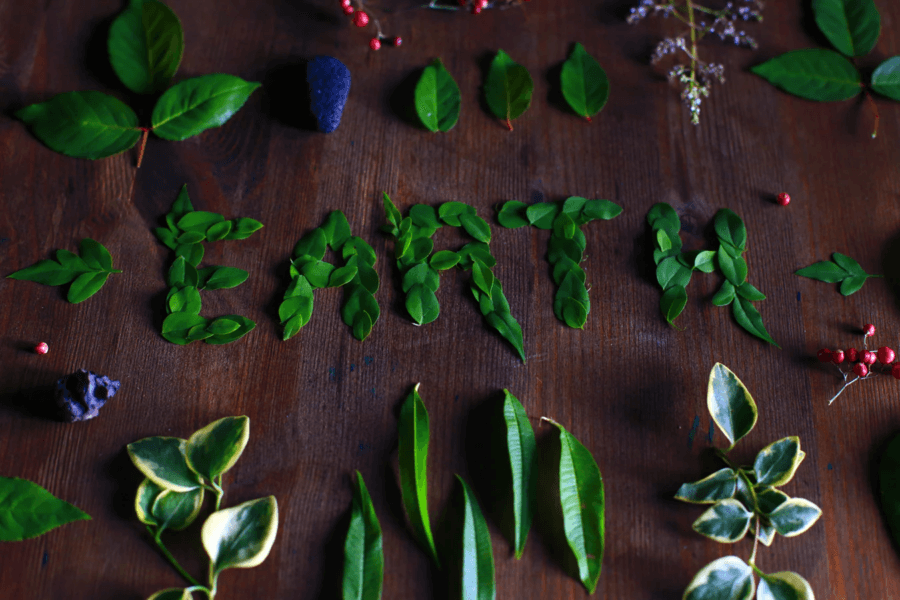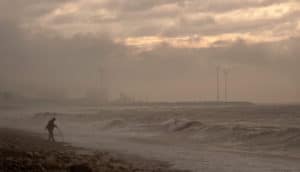- Happy Activism: A Sustainable Way to Create Change Without Burnout - February 9, 2026
- The Meaning of Critical Thinking: A Key Skill for Navigating Today’s Information Landscape - November 3, 2025
- Grandparents Can Develop Activist Grandchildren - September 29, 2025
Last Updated on February 27, 2025
On a recent Sunday, Foothills Unitarian Universalist Fellowship saved 10 animals. Not with an animal rescue ministry; by merely making a vegan diet the theme of their monthly potluck. They served only vegan and vegetarian food.
Some of the congregants don’t cook or eat this way, but they were good-natured about the event. In fact, many people visited the plant-based protein, milk, and cheese tasting tables, trying new foods, and, often, coming back for more. And Diane’s vegan cupcakes satisfied even the staunchest omnivores.
The result: the small congregation saved 10 animals in one meal.
The Impact of Diet on Climate Change
They also saved 127 pounds of carbon dioxide and 301 square feet of forest, because reducing your consumption of animal products can protect the environment, too. In fact, switching to a plant-based diet can be the most powerful impact you can make on the planet.
Everyone making just one change – substituting beans for beef – can reduce greenhouse gas emissions enough to get close to climate goals. Even if no other changes were made: Peter still eats chicken. Martin enjoys his omelet. By eating more plants instead of animals, you help the environment more than driving a Prius.
Try the Vegan Calculator to see the impact of a plant-based diet on climate change.
The environmental impact of one day eating vegan.
Animals saved = 1
Pounds of CO2 saved = 20
Square feet of forest saved = 30
Pounds of grain saved = 40
Gallons of water saved = 1,100
The Horror of Factory Farming of Animals
Animal farming is terrible for the environment. We could feed an extra 4 billion people with the grain eaten by animals in factory farms.
Erik Marcus at the fantastic website vegan.com says,
Society can’t do without motor vehicles and we don’t yet have the ability to affordably switch electricity generation worldwide to clean energy sources. Eliminating animal products from our diet, by contrast, saves money, and is also likely to reduce health care costs. Given the severity of the threat that climate change poses to humanity and wildlife alike, diet deserves to be acknowledged as probably the most effective way for most of us to protect the environment.
Give it a try. Visit vegan.com for tips to get started on a vegan diet.
READ NEXT
How to Save the World by Saving Seeds
How to Use Your Stuff to Make the World a Better Place
Who Moved My Cheese? How To Travel With Compassion
How to Get Started in Vegan Permaculture
A Beautiful Canary Signals That Climate Is a Monumental Issue
Worms in Your House? How To Embrace Vermicomposting and Receive Glorious Fertilizer in Return
Why You Should Celebrate World Vegan Day Even if You Eat Meat





Pingback: Practice for Random Acts of Kindness Day • Life At the Intersection
Pingback: Welcome to Vegan Blount County! - Vegan Blount County
I don’t want to start a ruckus here, do you think the effects are less with wild game versus factory farmed? Seriously wondering. Good article, thanks for sharing the information. Blessings, Michele
Hi Michele! I think it is a great question and you are correct. Factory farming of animals is terrible for the environment but wild game likely doesn’t have an impact. If everyone reduced their consumption of animal products it would have more of an impact than fewer people going completely vegan. A great place to get information is the website vegan.com. Terri
Pingback: Welcome to Vegan Blount County! – Vegan Blount County